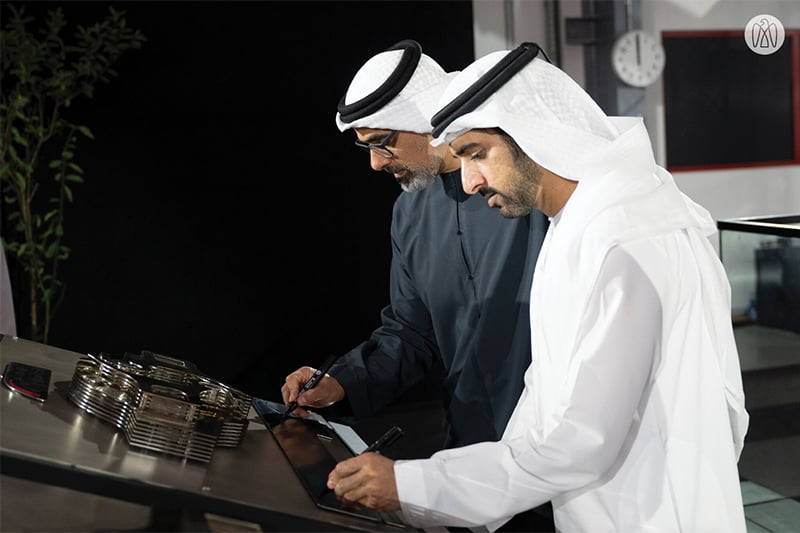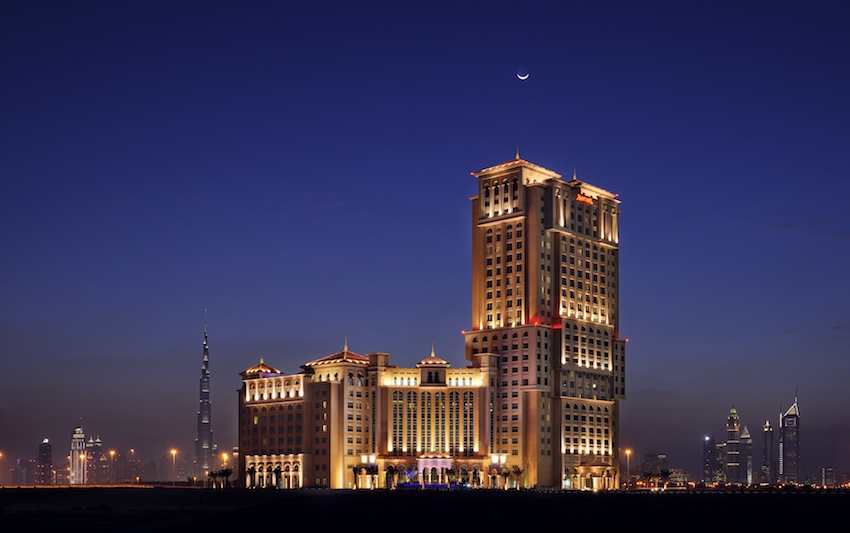How Etihad Rail could affect rent if you live near Dubai station
Do you live close to a new Etihad Rail station? Here’s what you need to know…
The cost of renting close to an Etihad Rail station could change years before the service opens, a real estate agent has said.
Last week Etihad Rail announced the new service between Dubai and Abu Dhabi in just 30 minutes.
The launch of the high-speed train service, set to hit speeds of 350 km/h and passing through several key areas in both cities, does not yet have a completion date set.
In Dubai, the network will connect through Al Maktoum International Airport and Al Jaddaf, and in Abu Dhabi, it will pass through Reem Island, Saadiyat Island, Yas Island and Zayed International Airport.

With a map of the network already charted out, What’s On spoke to a real estate expert to discuss how the imminent arrival of these stations in Dubai could affect the areas surrounding them in terms of renting and buying habits.
Joshua Hughes, an agent for luxury real estate agency Engel & Völkers, predicts that changes will be felt in the real estate market, especially in key areas.
“The announcement of the Etihad Rail station in Al Jaddaf will have a significant impact on the real estate market, particularly rental prices in key areas,” Hughes told What’s On. “Improved connectivity between Abu Dhabi and Dubai will make certain districts more desirable, especially for professionals who commute between the two cities.”

In the past, the arrival of infrastructure that betters the standard of living has affected and continues to affect rental prices. Apartments close to Metro stations are still more expensive to rent as compared to units further away.
“Historically, infrastructure projects of this scale have driven up property demand due to increased convenience, accessibility, and investment appeal.”
If anyone is wondering why this happens, the formula is simple.
“The introduction of new rail infrastructure and improved transportation options will make these communities more attractive to residents and businesses, leading to increased demand for properties,” explains Hughes. “This heightened demand often results in higher rental rates. This will also impact investors as this will increase the investment value of their properties in this area.”
In Dubai, Al Jaddaf is one of the areas where a station will open, and being a residential-commercial area, these changes could be felt here in particular. Hughes says there is no way to comment with certainty at this stage but that could be the natural course of events.

You might also like
“While we don’t have specific predictions for Al Jaddaf at this stage, general trends can provide some insight. Properties closer to railway stations will experience an increase in value even before the completion of the station.
“Given Al Jaddaf’s strategic location and the enhanced connectivity due to the existing Metro station and upcoming Etihad Rail station, it’s reasonable to anticipate an upward trend in property values and rental rates over the next few years as the project progresses and upon its completion.”
In terms of buying habits, gradual changes are expected on that front as well. These trends follow a similar formula as renting practices – the presence of an amenity such an Etihad Rail station would result in the areas becoming more sought after, and higher demand equals higher prices.
“Potential buyers and tenants might prioritize proximity to these stations to benefit from the enhanced transportation options. Consequently, we can expect a surge in demand for properties near the stations, influencing both renting and buying practices in favour of these well-connected areas.”
Images: Socials/Supplied
